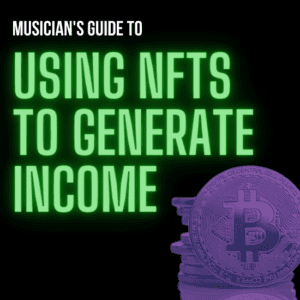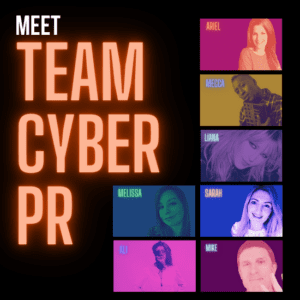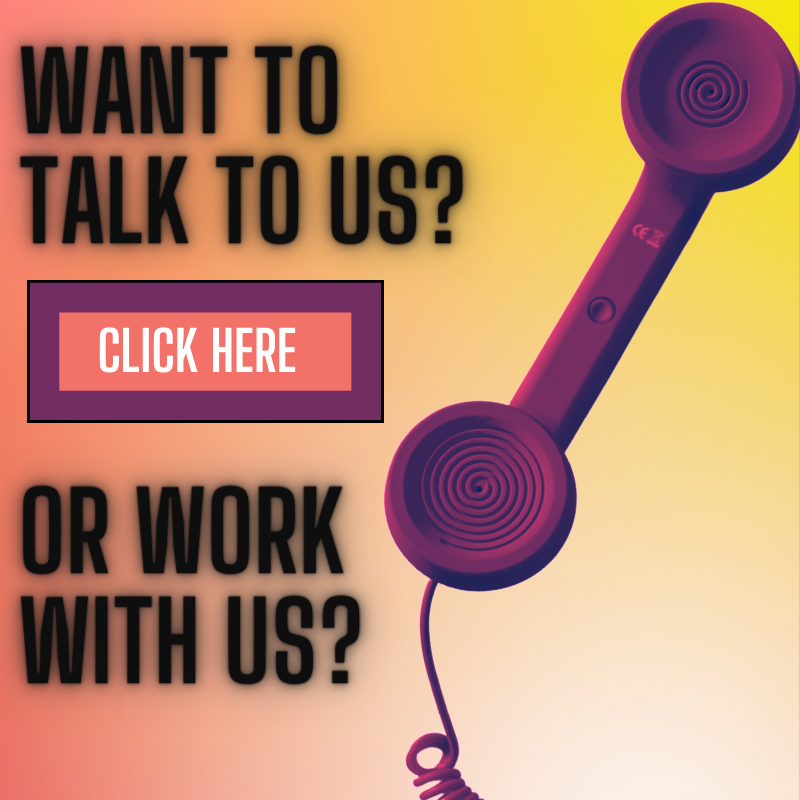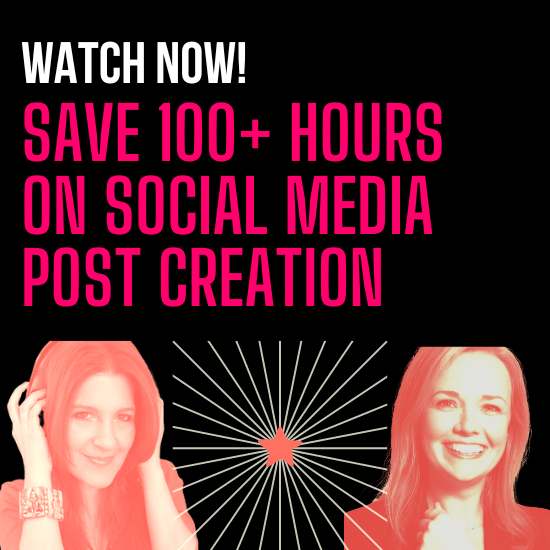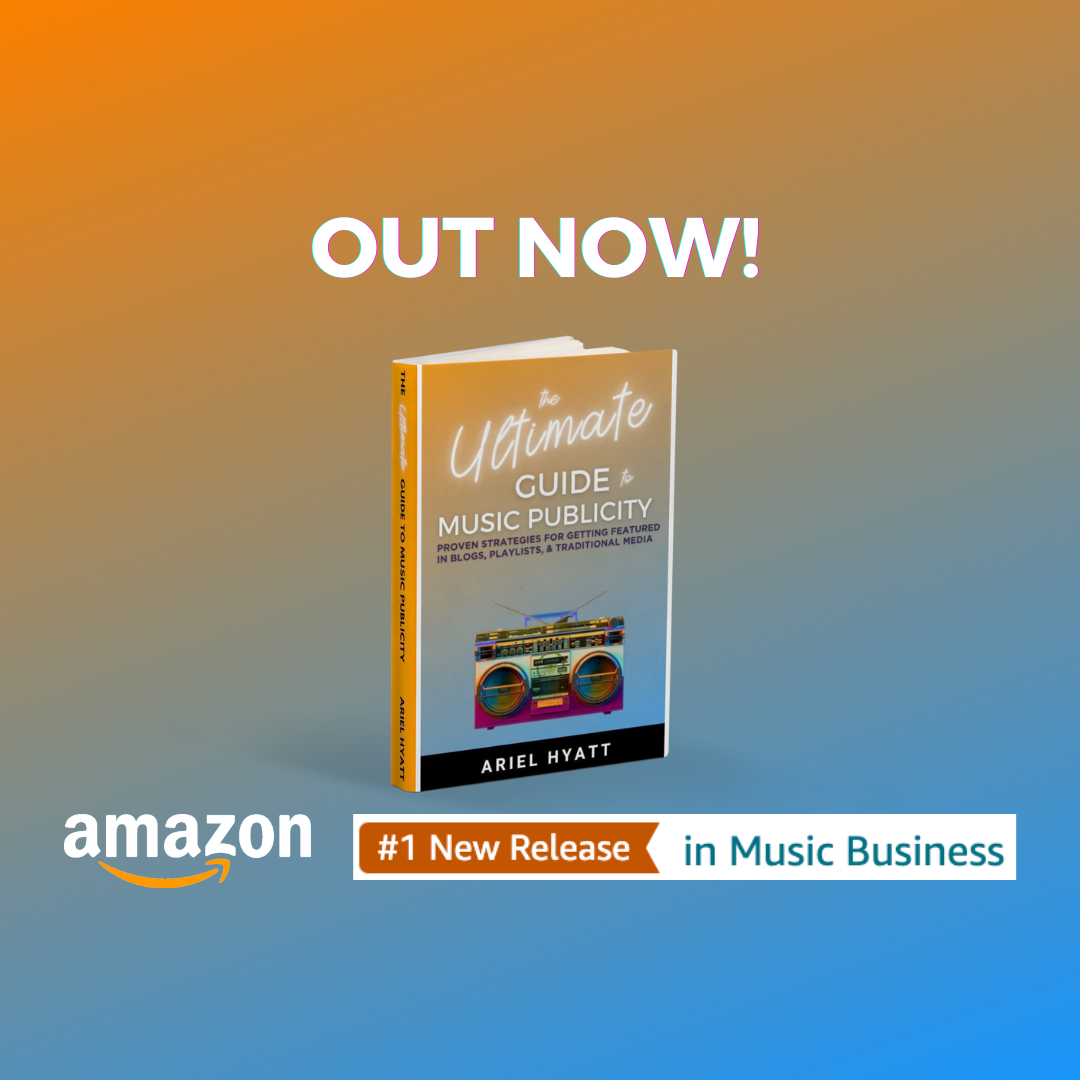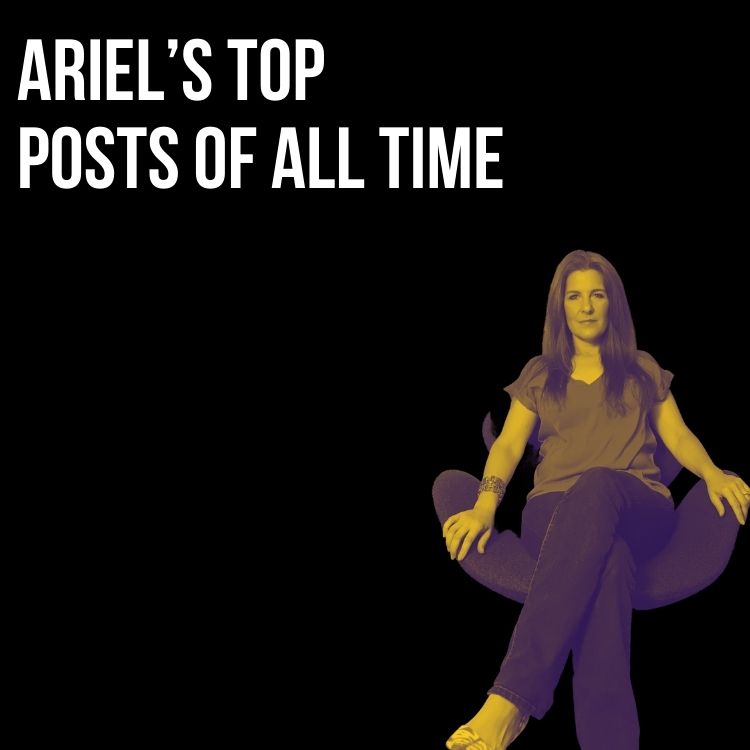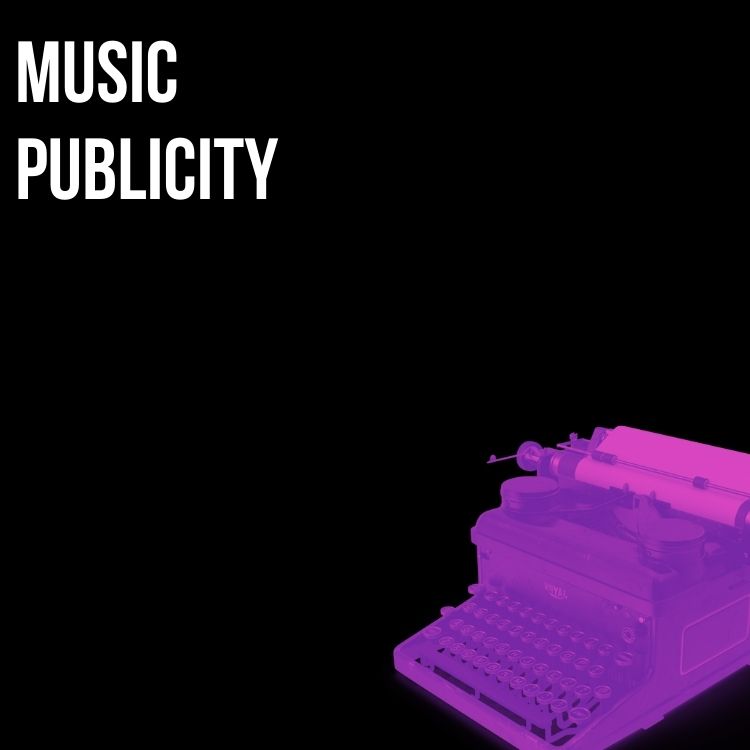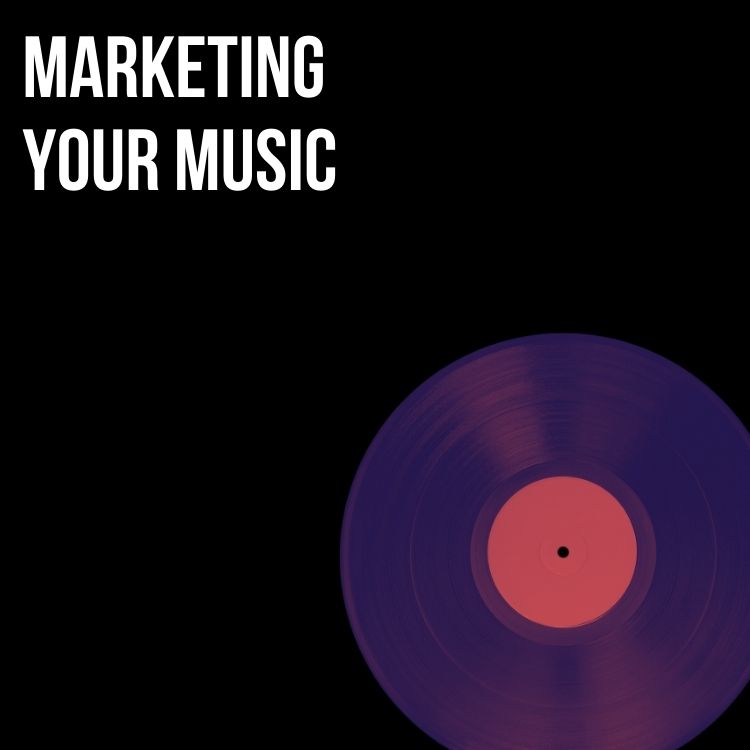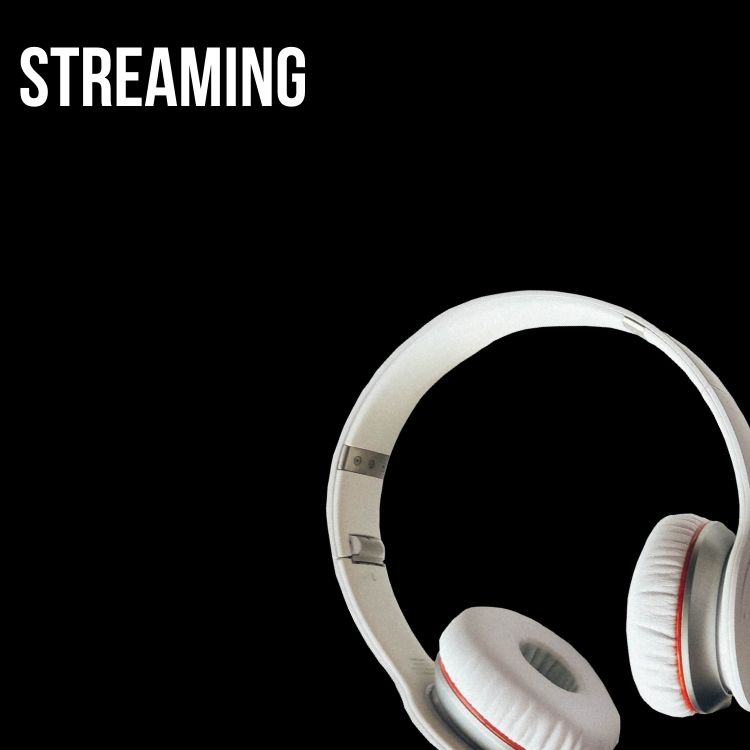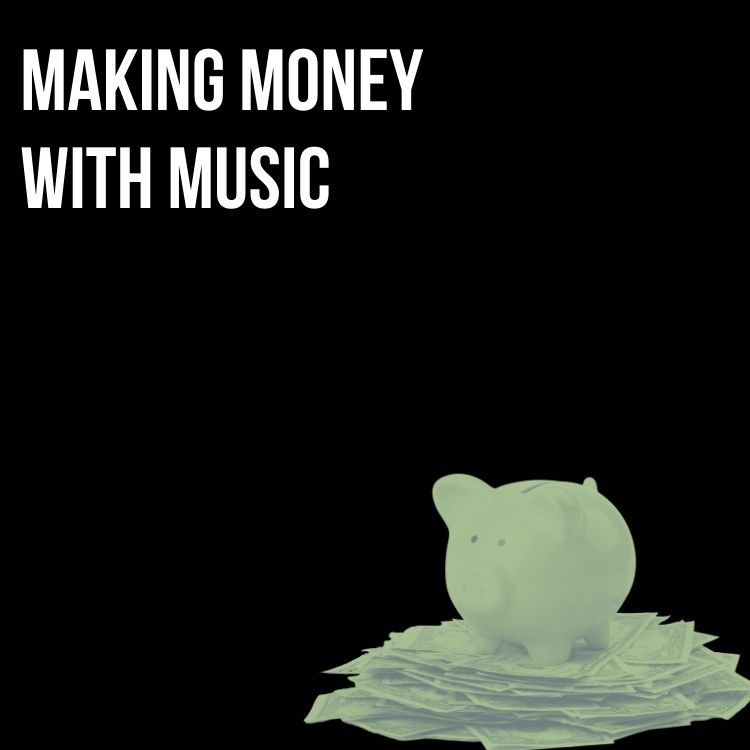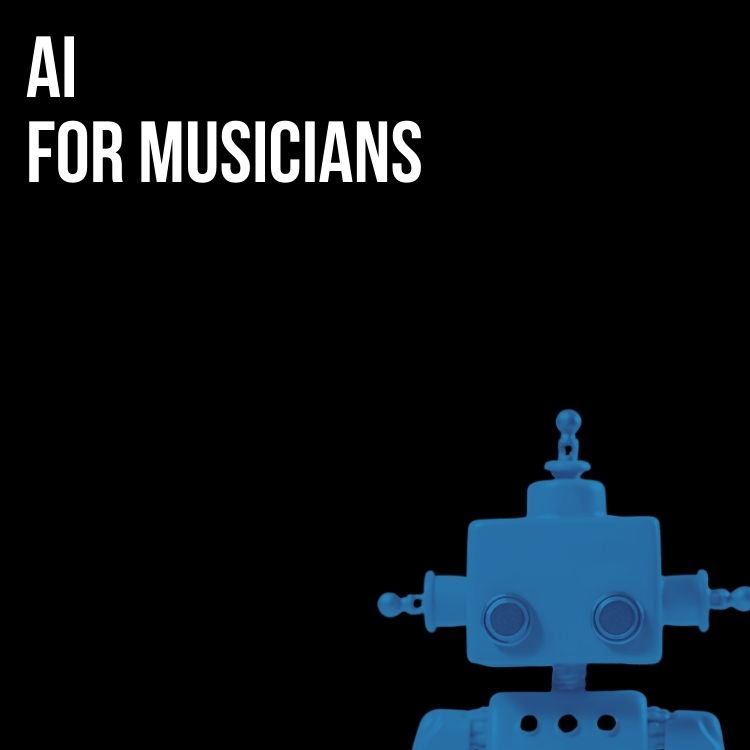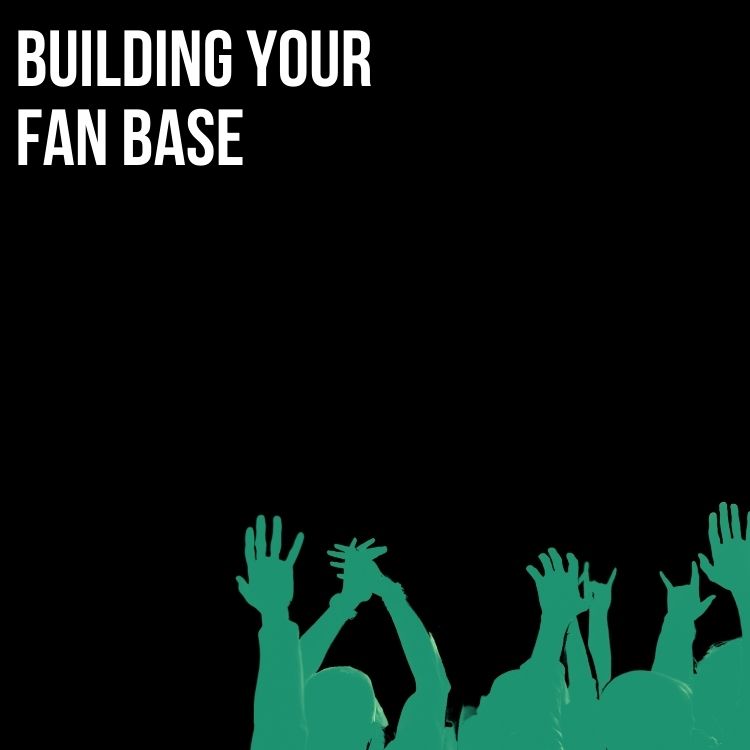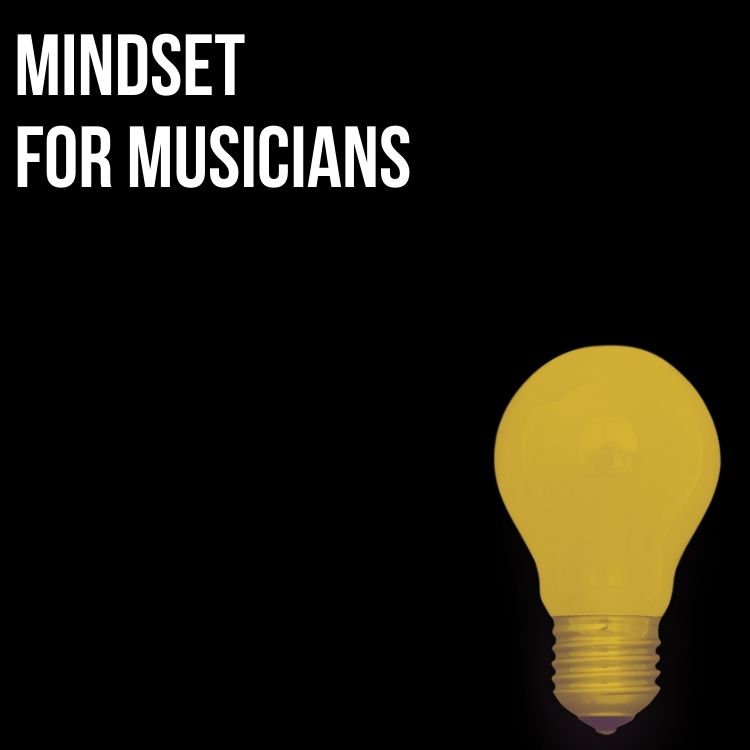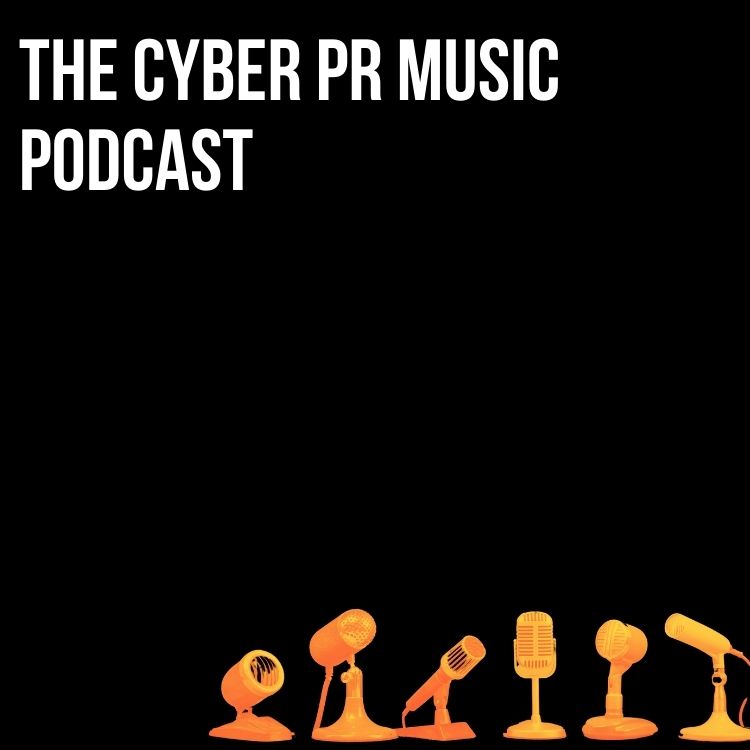
What started as a niche space for the most prominent celebrities and known artists became an increasingly used market for Indie musicians. As more users increasingly adopt blockchain technology, more awareness of this exciting industry will bring innovation and enhance value across industries. Cyber PR did some research and wants to share with you 9 Indie Musicians who are exploring the world of NFTs.
Indie musicians exploring NFT’s:

Latashá Alcindor
Latasha is an independent R&B and hip-hop artist based in L.A. She recently sold a song on Catalog for about $3,000 in cryptocurrency. She’s made roughly $7,000 from NFTs in total; she told VICE. While that pales in comparison to what a major artist like 3LAU or Shawn Mendes is making using blockchain technology, for Alcindor, that money has been a “game-changer.” “Being a woman of color creative that didn’t come up with a lot of money or privilege to create, this is allowing that space for me.”

Pussy Riot’s Nadya Tolokonnikova
Power is everything to the Russian punk protest group Pussy Riot. “For us, it’s important to have some power, and in this world, power partly comes from owning some financial means…So NFTs partly answer that question”. The conceptual artists who are also very involved in activism have used the space to raise funds for causes such as domestic violence. The first NFT listed by Nadya Tolokonnikova sold for $187,000, with some of the proceeds going to an unnamed shelter for domestic violence victims in Russia.

Imogen Heap
More widely known artist Imogen Heap was one of the first tech-forward singers to use and promote the Ethereum blockchain platform for music, AKA one of the first indie musicians who began exploring NFTs. She auctioned off a set of live online jam sessions, paired with visualizations in an attempt to bring attention back to the arts. She is a true believer in the technology and has hopes that blockchain technology could fairen out the music industry so that artists can be paid what they’re worth. “This could be what finally turns the music industry as we know it into a sustainable industry, where everyone gets paid what they’re worth and everyone who does something useful stays in the game.”

Mick Jenkins
Putting control of art in the hands of the creator is what it’s all about for Mick Jenkins, the Chicago rapper who recently released NFTs for two singles, “Cash Cows” and “Sundays (for Lovers). As a signed artist, he knows all too well the feeling of not having the desired control over your creative work, and NFT’s are a space he can explore, create, and acquire work of his own. He also loves the prospect of connecting with a small number of fans in a brand new way.

Georgia Anne Muldrow
Los-Angeles based singer/songwriter/producer Georgia Anne Muldrow launched an NFT that gives the buyer physical goodies, including a signed print of the cover art and an L.P. vinyl for her upcoming album, VWETO III. Half of the proceeds from the auction were donated to Critical Resistance, an advocacy group against the prison-industrial complex.
“The NFT provides a system of delivery where the artist’s rights take precedence over other factors. I like that”. Georgia’s experience using cryptocurrency to extend her brand as an artist is another huge attraction to the cryptocurrency space for musicians of all calibers. The prospect of growing community activism and raising funds for social issues an artist is compelled to is an excellent way for fans to get to know the said artist on a more personal note.

Thoughts Detecting Machines
Rick Valentin, frontman to the indie rock band Poster Children, has a solo career of his own that he’s been building out in the crypto world. He compares the unique and limited buying experience of an NFT similar to selling something on Bandcamp. Indie musicians are exploring NFTs as a digital extension of limited-edition vinyl or CD, and your biggest and most supportive fans will flock to own a piece of your music. Rick notes that NFT’s could be most successful for indie artists if they sell a piece of work at a set price.

Curren$y
Attracted to the chance to be a part of something new, Curren$y hopes to add to the NFT game.” I advise everybody to try to get involved with it. Research it, figure out where you fit, and then create something that’s not there. This is a chance to grab a foothold in a whole new world”. The New Orleans rapper celebrated 4/20 with his inaugural NFT collection, which included exclusive access to his new E.P. and a future IRL hangout. Even the lowest tier of supporters got to celebrate weed’s official holiday in a virtual smoke session with Curren$y. According to the rapper’s publicist, the NFT collection brought in a total of $150,000.

Debby Friday
The Vancouver-based producer and vocalist has delighted underground listeners with her relentless industrial-rap stylings in the past couple of years. Debby recently released an NFT bundle for Link Sick, a 42-minute audio play she wrote, directed, and scored. She was drawn to the opportunities NFT’s bring for artists to be more complex and multi-dimensional. She felt this particular project was the perfect time to experiment with NFT’s because crypto’s science-fiction-like concept aligned with her science fiction-themed story.
In an effort to understand how the NFT phenomenon can benefit musicians, we researched a range of artists whose music and perspectives felt like credible sources of knowledge. Like every hyped technological innovation, blockchain is a tool, not a cure-all. But it’s encouraging to know that the system we have now isn’t the only one out there. For years, artists have had no choice but to accept a broken, unfair system within the music industry. At least now they have options and an exhilarating new way to connect with fans, create new conceptualized artwork, part take in activism, and gain better control of their financial means.
Want to keep getting the most recent updates about the indie music industry? Join our newsletter for weekly blasts.
Subscribe for more!
Back to The Blog


